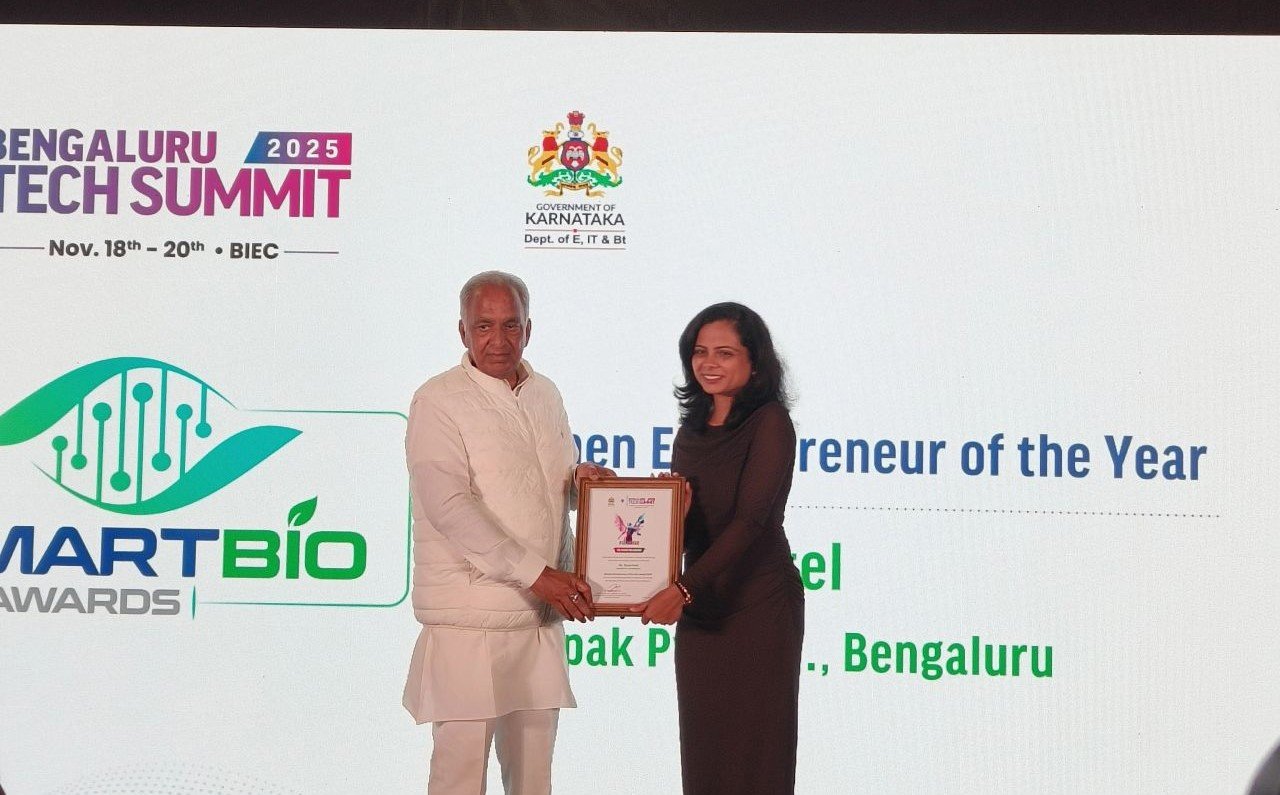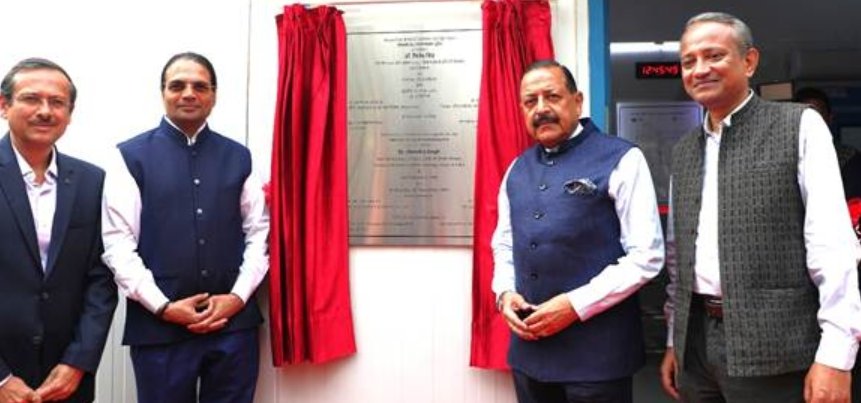Stanford Biodesign Innovators Garage Programme picks IIT Mandi’s innovation SynCubator
February 13, 2024 | Tuesday | News
SynCubator distinguishes itself through its seamless integration with cutting-edge digital health technologies
SynCubator, a neonatal incubator developed by Dr Gajendra Singh, Assistant Professor, Dr Satvasheel Ramesh Powar, Associate Professor, at the School of Mechanical and Materials Engineering, Indian Institute of Technology (IIT) Mandi, and Keshav Verma, BTech 3rd Year, Mechanical Engineering has been selected for the prestigious ‘Stanford Biodesign Innovators Garage’ programme.
Designed as a multifunctional neonatal incubator, SynCubator offers a unique solution to the challenges faced in transporting and providing critical care to newborns. Unlike traditional incubators, the developed device doubles as both a standalone warmer and an incubator, adaptable to the specific needs of each infant.
During the innovators’ discussions with the Centre of Innovation at the Government Institute of Medical Sciences in Noida regarding the medical dimensions of the SynCubator, an opportunity emerged to participate in a prestigious programme. Upon presenting the proposal to the Stanford Biodesign Team, the team’s innovative approach to improving access to healthcare in remote regions resonated with them.
With India grappling with high neonatal mortality rates and a significant number of preterm births, SynCubator will play a pivotal role in improving healthcare outcomes. By leveraging Artificial Intelligence and Machine Learning technologies in the future, the core design team aims to further enhance SynCubator's capabilities, enabling predictive healthcare interventions and timely treatments.










